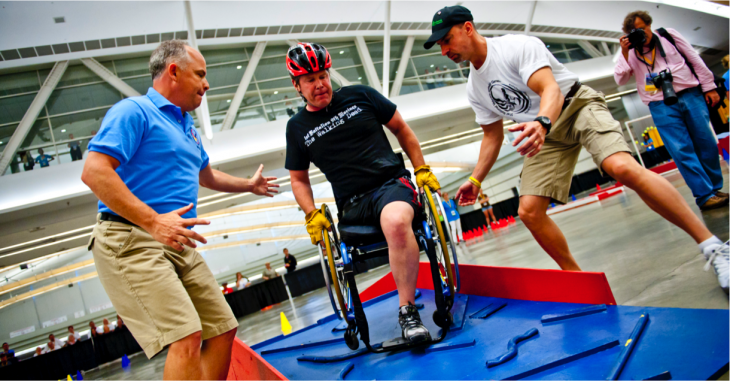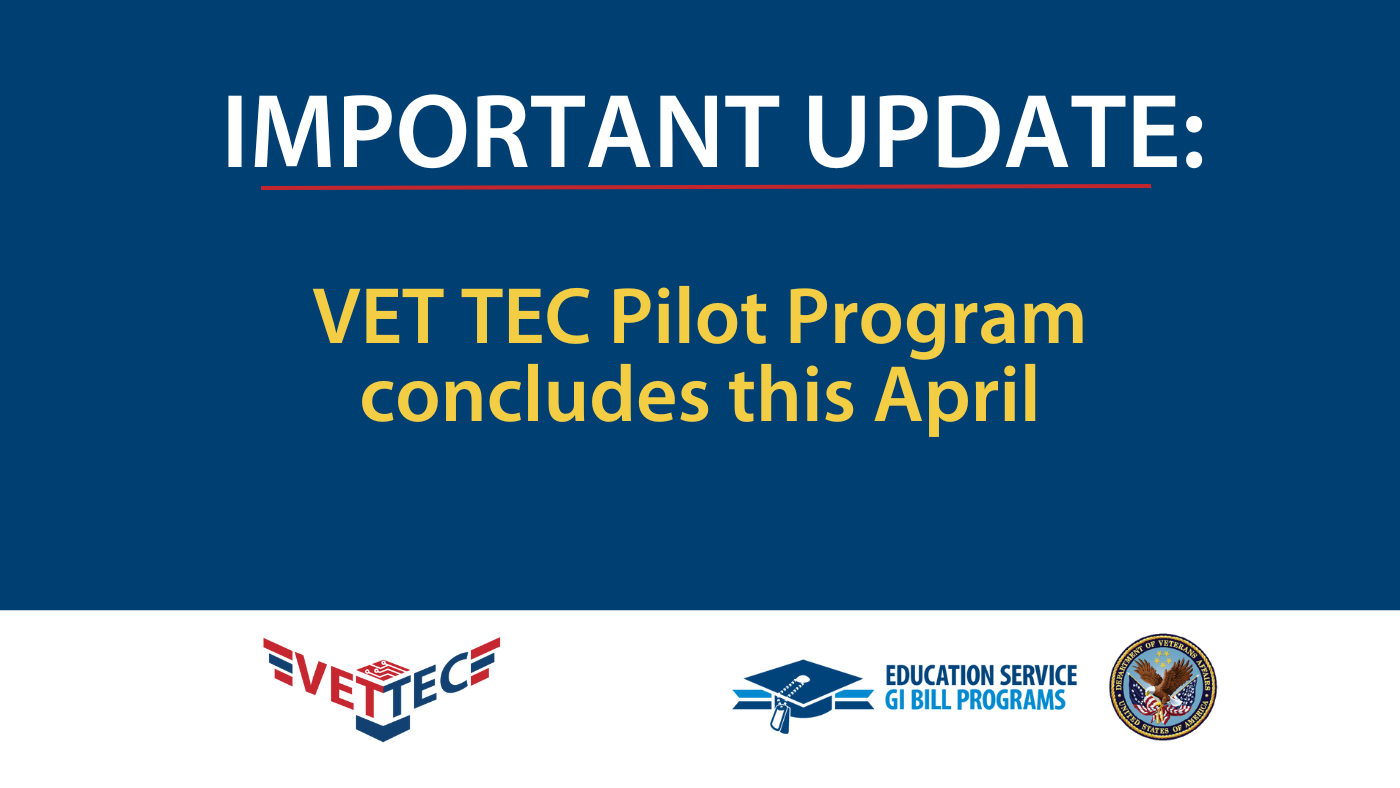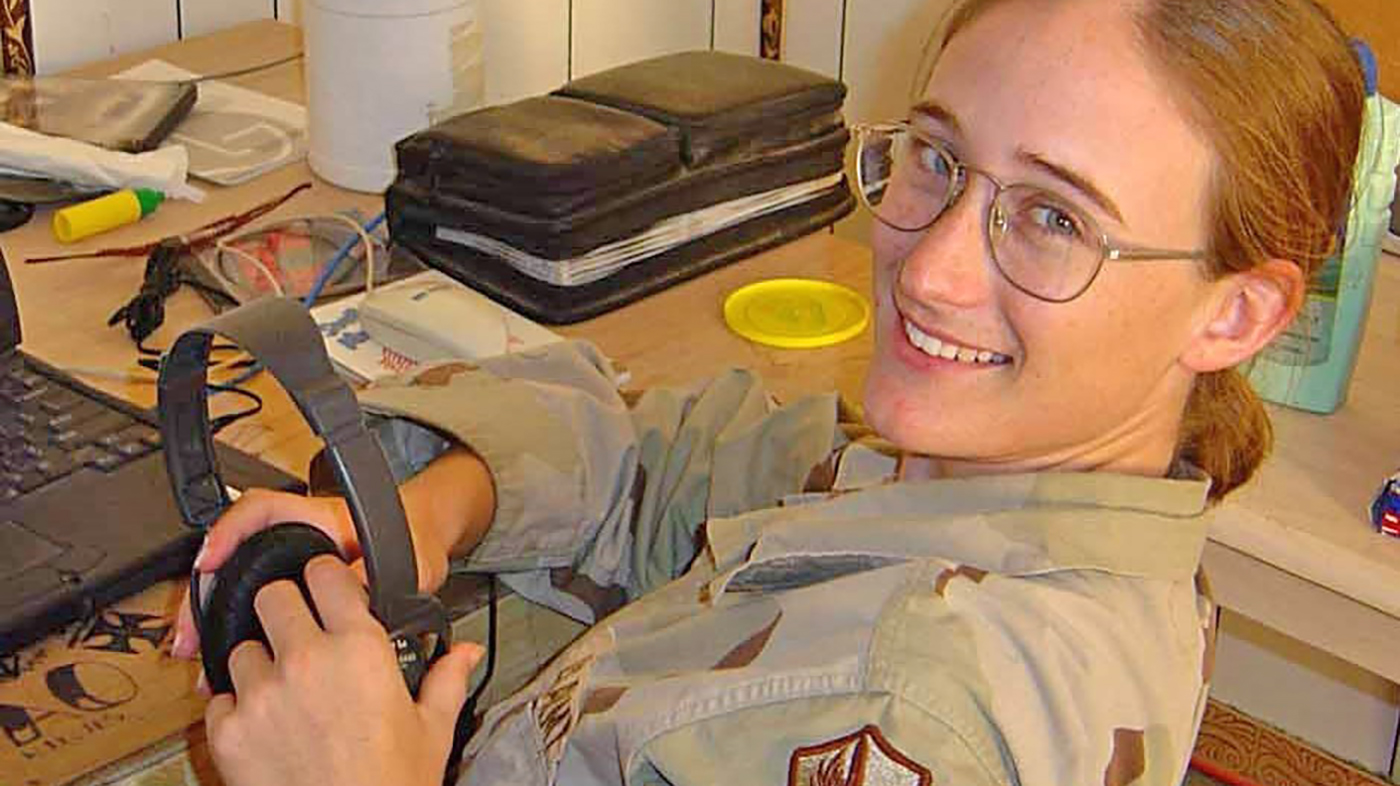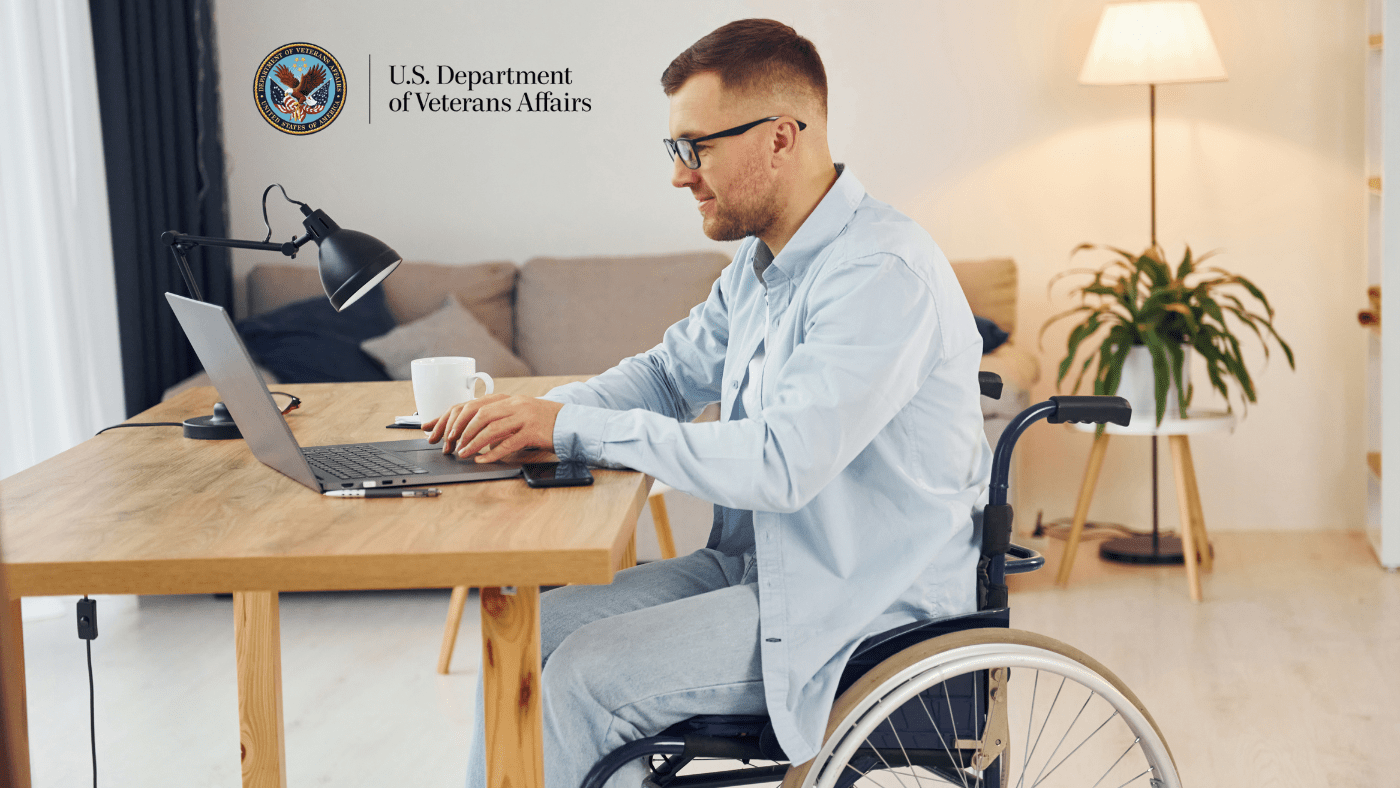“When they took my uniform, they took my identity.”
This is something you hear often when speaking with Veterans. When a Veteran tells you of the moment of understanding that he or she would never put on that uniform again, you have a small glimpse into the very real struggle that transitioning into civilian life presents for our former Servicemembers.
It is a very real and frightening feeling of abandoned purpose. Already detached from anything familiar, veterans may also be experiencing survivors’ guilt, post-traumatic stress disorder from combat and/or, as is the case with Paralyzed Veterans of America’s members, dealing with catastrophic injuries that will forever change their quality of life. Alone or compounded, all of these can lead to isolation, depression and, in too many cases, suicide.
This July, VA released what is considered to be the most comprehensive study ever conducted on Veteran suicide. It revealed that we lose an estimated 20 Veterans a day to suicide. While this is two lives per day short of the widely adopted “22 a day,” the life of even one Veteran lost per day would be too many.
And, often times, it is avoidable with the right awareness and intervention. The purpose of a Veteran cannot just be replaced. However, identifying the avenues of independence and reinstating the sense of camaraderie that is ingrained during military life can give a renewed sense of belonging.
One proven avenue is sports and recreation. Paralyzed Veterans’ is a strong advocate for adaptive sports programs as part of an overall holistic rehabilitation program for our members. We welcome thousands of Veterans across the country, in their respective states, to participate in everything from sailing and trapshooting, to basketball and quad rugby. The programs derived from veterans themselves, when a group of WWII Veterans arranged a wheelchair basketball game to relieve the monotony of long-term hospital stays.
Today, Paralyzed Veterans offers more than eight different robust sports activities, which vary by Paralyzed Veterans chapter. Each year we partner with the VA to host the National Veterans Wheelchair Games where more than 600 Veteran athletes come together for six days of competition.
It is no secret that physical activity can play a therapeutic role in addressing a number of psychological disorders, and the short-term positive effect of endorphins being released during exercise can be a stress reliever. What you will find at adaptive sports events is camaraderie and teamwork that many Veterans cannot easily find after leaving service. You will also find many Veteran athletes actively mentoring newly injured athletes; which many consider “paying it forward.” For Veterans, the mental benefits garnered, coupled with a return to a physically active and independent life, can be the difference they need to find a life after service.
Another avenue is a rewarding civilian career. Finding a job that utilizes the skills and discipline honed in military life is not easy. Paralyzed Veterans’ vocational rehabilitation program, Paving Access for Veterans Employment (PAVE), has placed at least one Veteran per day in a new career for the past two years, and is continually forging partnerships that will grow this number. Sometimes placement is a match for the skills learned in service, sometimes the placement is an opportunity to learn new skills. Either way, a fulfilling civilian career that allows first self-sufficiency, and then the pride of providing for one’s family, can relieve some of the mental pressures that accumulate when veterans are transitioning.
Whether it is a new career, or rediscovering sportsmanship, the important step is always the first. When combined with mental health care, and the support of family and friends, our Veterans can re-adapt to what we call “normal life.” Our U.S. military is the best in the world at making service members. Our citizens, communities, private sector businesses and policymakers should do all we can to help those soldiers, sailors, airmen, and Marines readjust to civilian life. If we do, perhaps one day the number won’t be 22, or 20 … it could be 0.
About Paralyzed Veterans of America
Paralyzed Veterans of America is the only Congressional-chartered Veterans service organization dedicated solely for the benefit and representation of Veterans with spinal cord injury or disease. For 70 years, we have ensured that Veterans have received the benefits earned through their service to our nation; monitored their care in VA spinal cord injury units; and funded research and education in the search for a cure and improved care for individuals with paralysis.
As a partner for life, Paralyzed Veterans also develops training and career services, works to ensure accessibility in public buildings and spaces, provides health and rehabilitation opportunities through sports and recreation and advocates for veterans and all people with disabilities. With more than 70 offices and 34 chapters, Paralyzed Veterans serves Veterans, their families and their caregivers in all 50 states, the District of Columbia and Puerto Rico. For more information, visit pva.org.
Tracey Lynn Shifflett is the director of communications & external affairs for Paralyzed Veterans of America’s national office in Washington, DC.
Topics in this story
More Stories
Over the five-year program, more than 14,000 VET TEC beneficiaries completed their program and nearly half have reported finding meaningful employment with an average starting annual salary of $65,000.
March is Women’s History Month, a time to celebrate and […]
VA is calling for applicants for the 2024 Specially Adapted Housing Assistive Technology grant.






